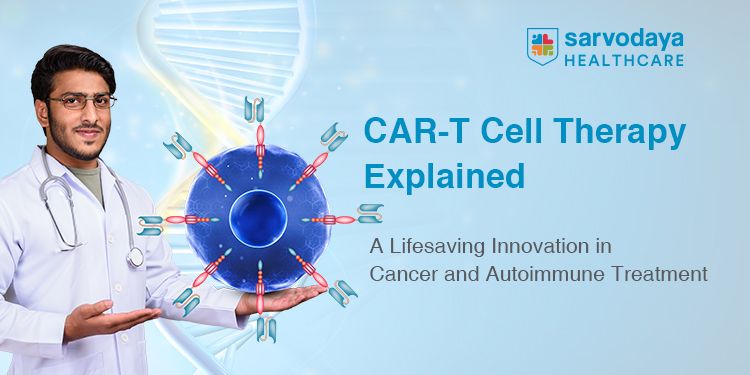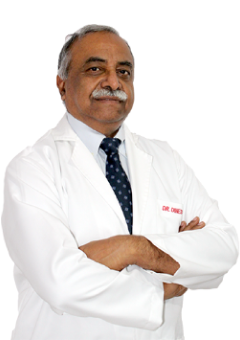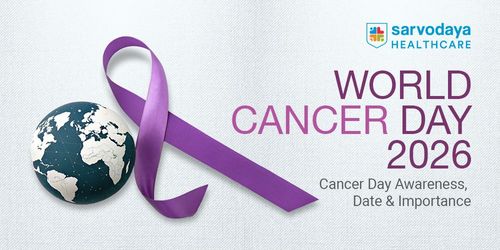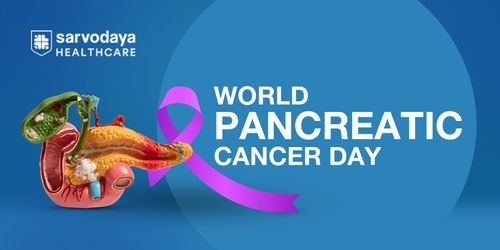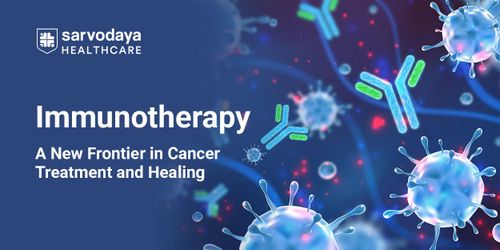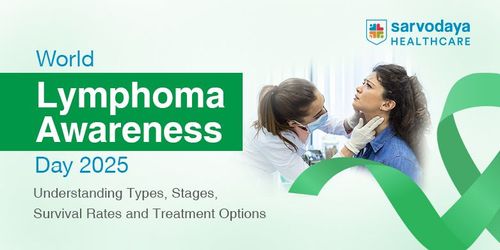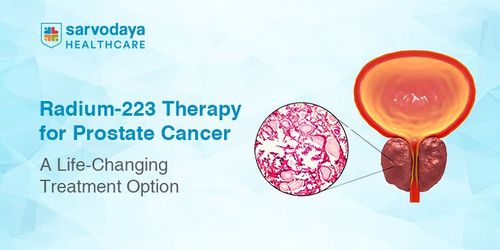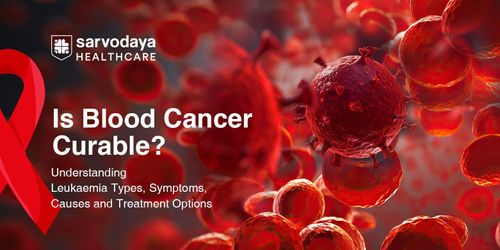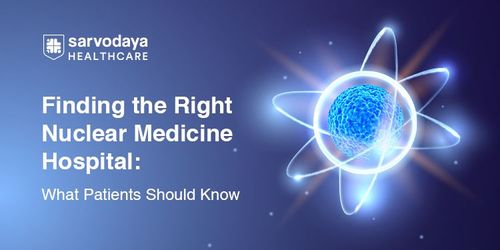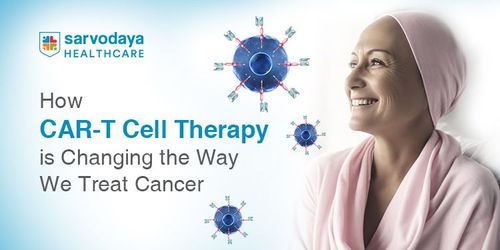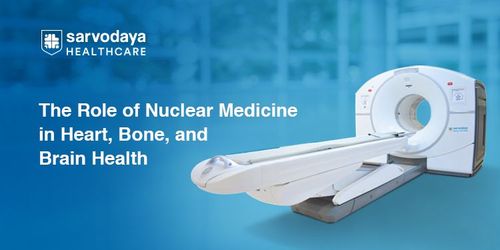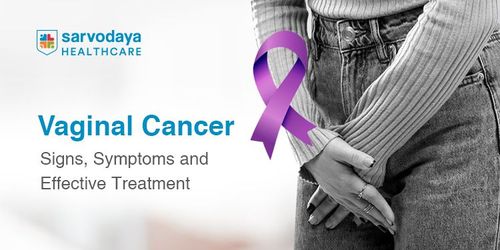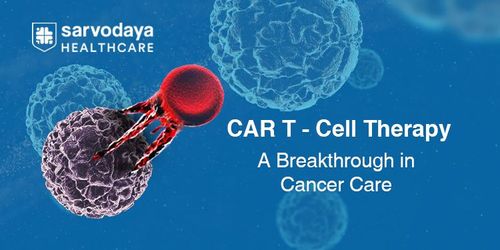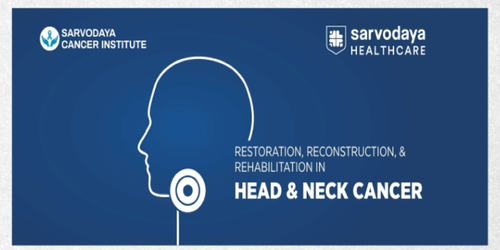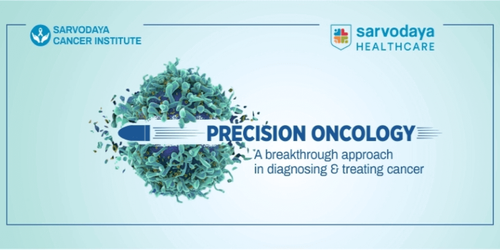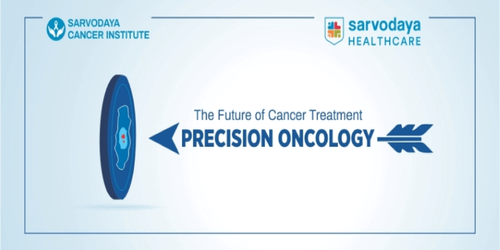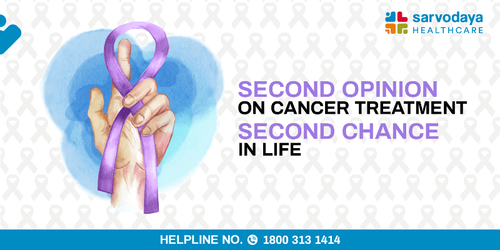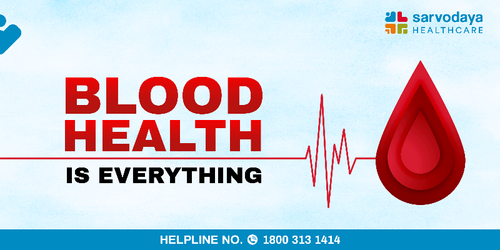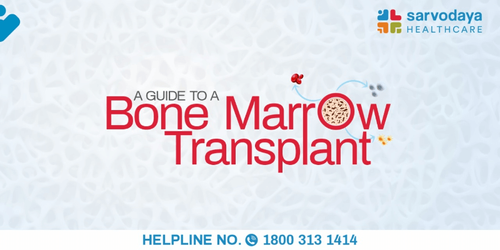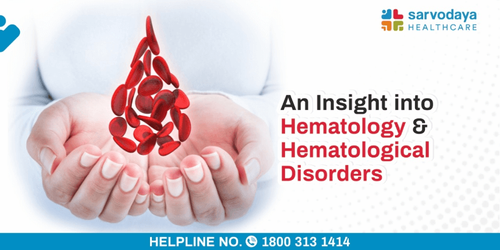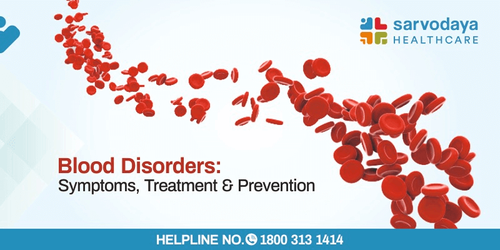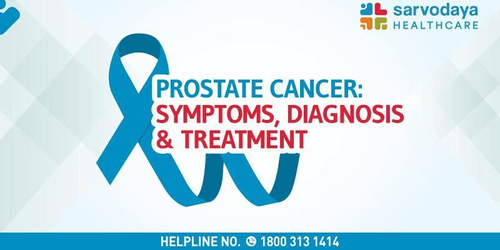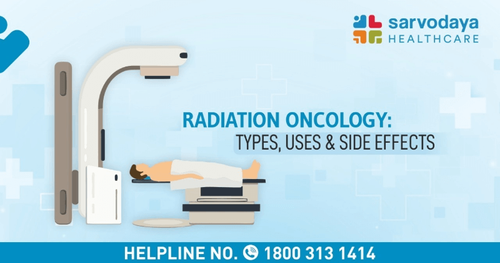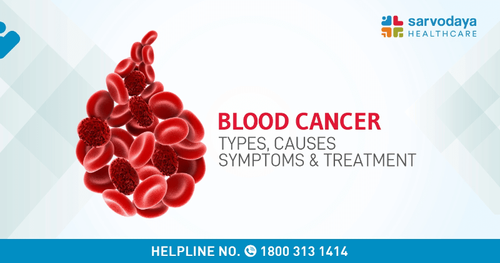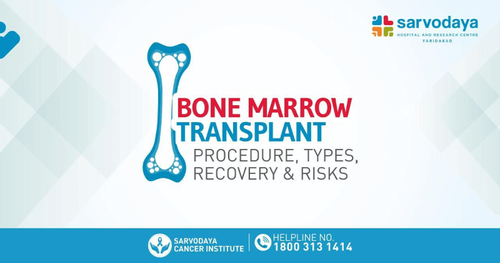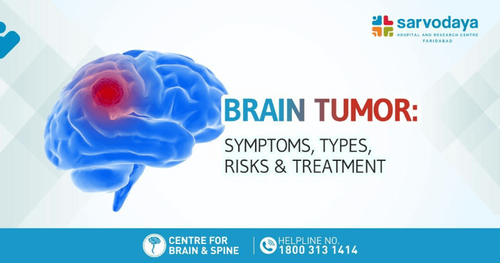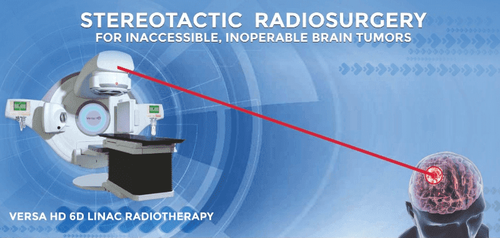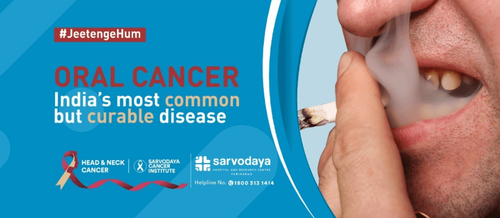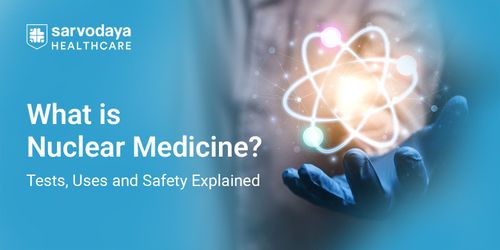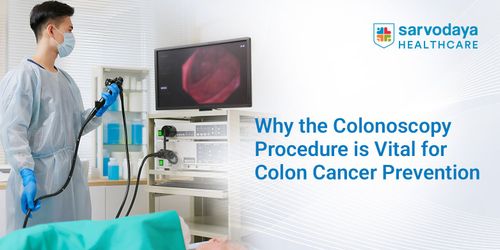In this blog, we’ll walk you through how it works, the benefits it offers, CAR-T Cell Therapy risks, and the important CAR T cell therapy precautions to be aware of before choosing this advanced treatment option.
Understanding CAR T-Cell Therapy
CAR T-cell therapy (Chimeric Antigen Receptor T-cell therapy) is a form of immunotherapy that transforms a patient’s immune cells into powerful cancer fighters. For carrying out the CAR T cell treatment, T-cells are collected from the patient’s blood and genetically modified in a laboratory to make special structures called CARs. After modification, these cells are multiplied and infused back into the patient’s body to target and destroy cancer cells.Originally approved for certain types of leukaemia and lymphoma, CAR T-cell therapy for cancer is now being studied for several other conditions, offering hope to patients with limited options.
Benefits of CAR T-Cell Therapy
Unlike conventional treatments, which may damage both healthy and cancerous cells, CAR T-cell therapy takes a highly targeted approach.Here are some of the most significant benefits of CAR T-cell therapy for cancer:
- Precision Targeting: Modified T-cells identify and attack only the cancerous cells, minimising damage to healthy tissue.
- Long-Lasting Results: In some patients, a single infusion has led to remission lasting several years.
- Lower Toxicity: Compared to chemotherapy and radiation, patients report fewer harsh side effects.
- Expanding Use: Besides cancer, CAR T cell treatment for lupus is showing promising results in recent trials.
The Procedure: Working of CAR T Cell Treatment
While the idea of modifying cells in a lab may sound complex, the actual process of CAR T cell treatment follows a well-defined, structured path.Here’s how it works:
- Step 1: Cell Collection
- Step 2: Genetic Modification
- Step 3: Multiplication
- Step 4: Conditioning Therapy
- Step 5: Cell Infusion
- Step 6: Monitoring and Recovery
CAR T-Cell Therapy Applications: Beyond Just Cancer
Over time, the potential of CAR T-cell therapy has expanded, and researchers are now exploring its role in treating various other cancers and autoimmune conditions.Here are the current and emerging uses:
- This new treatment method is now the new standard for treating relapsed or treatment-resistant cases of leukaemia and lymphoma.
- CAR T cell treatment for prostate cancer is in early research stages, with promising lab-based outcomes.
- CAR T cell treatment for lung cancer is also under exploration, especially in patients who have exhausted other treatment options.
- One of the most surprising breakthroughs has been in autoimmune disorders. CAR T cell treatment for lupus is showing success in resetting the immune system and reducing symptoms, giving hope to patients with severe disease.
Understanding CAR T-Cell Therapy Risks
While the results of CAR T-cell therapy can be life-changing, it's important to understand that this treatment comes with serious risks.Here are some of the most common CAR T-cell therapy risks:
- Cytokine Release Syndrome (CRS): A potentially severe immune response causing high fever, low blood pressure, and difficulty breathing.
- Neurological Symptoms: Some patients may experience confusion, tremors, headaches, or, in rare cases, seizures.
- Infection Risk: The immune system may be temporarily weakened, increasing susceptibility to infections.
- Low Blood Counts: Decreased white blood cells, red blood cells, or platelets may occur post-treatment.
- Unknown Long-Term Effects: As a relatively new therapy, the long-term risks of CAR T-cell therapy are still being studied.
Precautions to Take for CAR T Cell Therapy
While the medical team plays a major role in the success of CAR T-cell therapy, patients and families should also be prepared for the journey. You need to understand and follow the recommended CAR T cell therapy precautions to make your recovery safer and smoother.Before the treatment:
- Share your full medical history with your care team.
- Complete any required screenings, including heart and lung function tests.
- Arrange for a carer to be present, especially in the days after the infusion.
- Some essential CAR T cell therapy precautions to observe after the infusion process are:
- AvoidAvoiding crowded places and maintainmaintaining hygiene to reduce infection risk.
- Keep a lookout for signs of high fever, confusion, or difficulty breathing.
- Following up with regular check-ups to track recovery and T-cell activity.
Choosing the Right Hospital for CAR T Cell Therapy
Selecting the right medical centre is one of the most critical decisions in your CAR T cell treatment journey.Here’s what to look for in CAR T-cell therapy hospitals:
- Accreditation & Approval: Ensure the hospital is approved for administering CAR T-cell therapy by regulatory authorities.
- Specialised Team: Look for a team that includes haematologists, immunologists, neurologists, and intensive care experts.
- Advanced Infrastructure: Facilities should include specialised labs for cell modification and high-dependency units for post-infusion care.
- Track Record: Experience in managing complications like CRS and neurotoxicity is vital.
- Holistic Support: The hospital should also offer emotional, nutritional, and financial counselling as part of the recovery plan.
Conclusion
CAR T-cell therapy combines the precision of targeted treatment with the strength of your immune system to fight cancers and, increasingly, autoimmune conditions.At Sarvodaya Hospital Faridabad, we’re committed to bringing world-class innovation to your doorstep. With advanced oncology care, a multidisciplinary team, and personalised treatment plans, our hospital is fully equipped to guide you through the CAR T-cell journey. We ensure each patient receives expert attention not just during treatment but in the crucial post-therapy period. Whether you’re looking for CAR T-cell therapy in Delhi NCR or the best cancer doctors in Faridabad, Sarvodaya is here for you.
In conclusion, CAR T cell treatment is more than a therapy—it’s a second chance at life for many.


